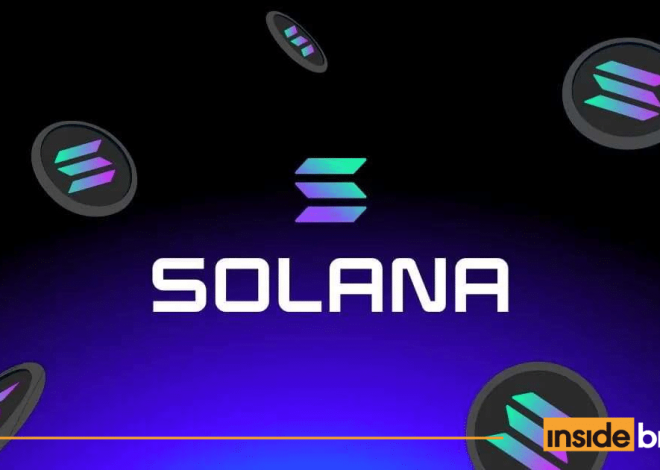
Exploring the Dangers of Zero-Data Wrapped Digital Id
Ted Hisokawa
Jun 28, 2025 05:04
Zero-knowledge proofs supply privateness in digital IDs, however dangers stay. Look at the challenges and potential options for ZK-wrapped identification methods.
As using zero-knowledge proofs (ZKPs) turns into extra mainstream in digital identification methods, questions on potential dangers and advantages come up, in response to an in depth evaluation by Vitalik Buterin on vitalik.eth.limo. These proofs goal to guard privateness by permitting customers to confirm their identification with out revealing delicate info. Nonetheless, regardless of their promise, ZK-wrapped digital IDs should not with out considerations.
How ZK-Wrapped Id Works
Zero-knowledge wrapped identities, resembling these utilized by World ID and numerous ZK-passport tasks, permit customers to show their identification with out exposing private knowledge. Customers generate application-specific IDs which might be verified by zero-knowledge proofs, holding their identification safe and personal. This method aligns with the precept of least privilege in pc safety, the place solely obligatory info is shared.
Potential Dangers of ZK-Wrapped IDs
Regardless of these advantages, ZK-wrapped digital identities nonetheless face important dangers. One main problem is the potential lack of pseudonymity. In methods the place every person can solely have one ID, pseudonymity—usually achieved by a number of accounts—might be compromised. This might result in a world the place all actions are linked to a single public identification, growing the danger of privateness violations.
One other concern is coercion. Governments or employers may pressure people to disclose their secret identification keys, thus compromising the privateness that ZKPs are supposed to defend. Whereas technical options like multi-party computation may mitigate these dangers, they introduce new complexities and dependencies on software builders.
Challenges Past Privateness
ZK-wrapped identities additionally don’t tackle non-privacy-related points resembling errors or vulnerabilities in identification methods. As an illustration, government-issued IDs may not cowl stateless people or could be vulnerable to fraud. Equally, biometric IDs can fail resulting from bodily accidents or be spoofed by superior applied sciences.
The Want for Pluralistic Id Techniques
To deal with these challenges, a pluralistic method to identification, the place a number of identification suppliers coexist, is proposed. This mannequin may supply a stability between safety and adaptability by stopping any single ID system from dominating the market. Such a system can be extra resilient to errors and coercion, as it could not depend on a singular type of identification.
Specific pluralistic identification methods, which depend on social graphs and neighborhood attestations, may supply a extra strong resolution. In the meantime, implicit pluralistic methods, which embody a number of current identification suppliers like Google and Twitter, already present the advantages of this method by making certain no single entity holds all the ability.
Finally, whereas zero-knowledge proofs considerably improve privateness in digital identification methods, they aren’t a panacea. Addressing the broader dangers and limitations requires a multi-faceted method that mixes technical innovation with strategic coverage and system design.
Picture supply: Shutterstock



